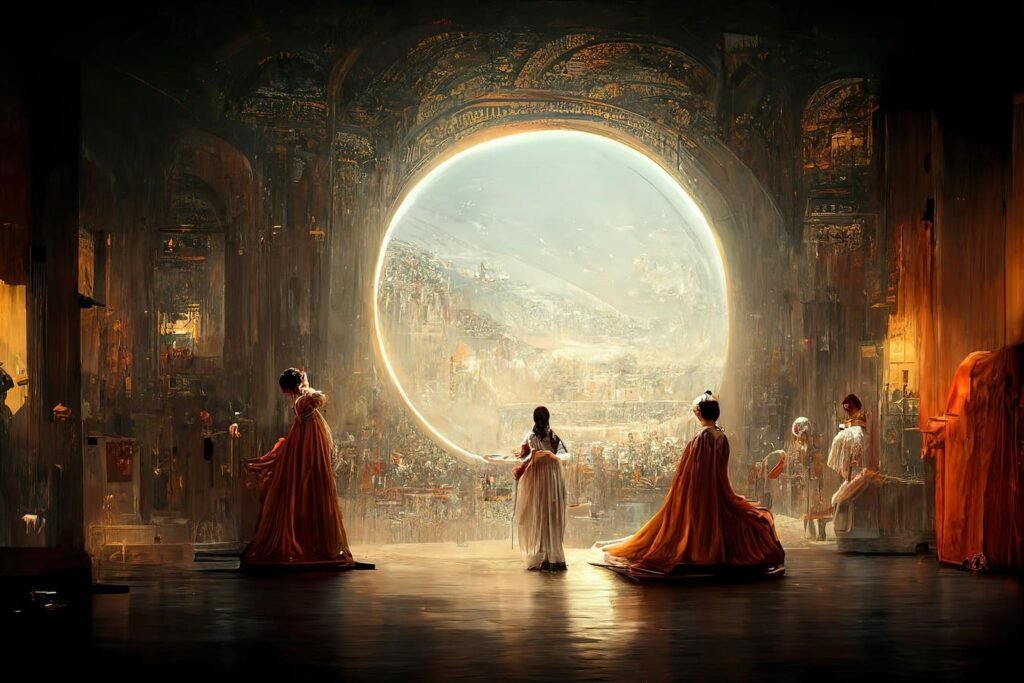Forty-one-year-old Jason Allen spent over a hundred hours on an AI-generated image that won first prize at the Colorado State Fair for digitally manipulated photography. However, when Allen tried to copyright the image, the U.S. Copyright Office denied his application, stating that the work lacked “human authorship.” Despite Allen’s efforts to create the image by writing 624 different text-based prompts to guide the AI program, the Copyright Office deemed it insufficiently creative.
In response, Allen is suing the agency and seeking to reverse the Copyright Office’s decision. The Copyright Office declined to comment on the pending litigation, while Midjourney, the AI software used to generate the image, asserts that artists own the images they create but also perpetually own the copyright licenses to reproduce, sublicense, and distribute any works created through its software.
After the denial of copyright protection for his image, titled “Théâtre D’opéra Spatial,” Allen found that his work was being ripped off by other artists who attempted to sell it as their own on various platforms, including Amazon, Etsy, and NFT marketplace OpenSea. This backlash from the artist community may have stemmed from accusations of cheating during the Colorado State Fair competition in 2022 by utilizing AI tools to create the winning image.
Allen’s lawsuit comes amidst a broader debate concerning AI companies and their use of copyrighted artworks to train generative AI software. A group of artists has filed a class-action lawsuit against AI companies like Midjourney, Stability AI, and Runway, alleging that these companies have used billions of copyrighted artworks without consent to train their AI models. The court has allowed the copyright infringement lawsuit to proceed, with some claims dismissed, enabling artists to access the models’ training data during the discovery process.
The Copyright Office has been grappling with the implications of AI on ownership and intellectual property, issuing a ruling in March 2023 that it won’t grant copyright registrations for works that are fully AI-generated. However, works that demonstrate a certain level of human authorship and creativity may still be eligible for copyright protection. Artists like Allen and Elisa Shupe have contested the agency’s decisions, with Shupe successfully winning a copyright for the selection and arrangement of AI-generated text in a self-published book on Amazon.
Allen, who now runs his online gallery and sells fine art prints of AI-generated illustrations, believes that whether a work required significant effort or just a single prompt, it should be protected under copyright law if created with the intent to do so. He views himself as a digital creator rather than an artist and aims to create numerous images with AI assistance, all under the umbrella of copyright protection. Allen’s case highlights the evolving landscape of intellectual property rights in the age of AI.












